The recent imposition of GRAP (Graded Response Action Plan) Stage III restrictions in Delhi-NCR due to severe air quality levels has raised alarms in the real estate sector. The Commission for Air Quality Management (CAQM) enforced these measures in response to the air quality remaining in the "severe" category for several consecutive days, leading to stricter measures aimed at curbing pollution.
Among the key restrictions under Stage III are a ban on non-essential construction and demolition activities, the closure of stone crushers, and mining operations in the region. While the government’s objective is to reduce the harmful effects of air pollution, the real estate industry has expressed concerns about the potential impact these measures could have on ongoing construction projects and their timely completion.
According to real estate bodies such as Credai and Naredco, the new measures could significantly disrupt ongoing projects, leading to delays and affecting the ability to meet deadlines for homebuyers. The real estate developers emphasize that while pollution control is crucial, the blanket ban on construction activities may hinder projects that already comply with strict pollution-control measures mandated by the Real Estate (Regulation and Development) Act (RERA).
Credai-NCR president, Manoj Gaur, expressed concern over the impact of the restrictions on the real estate sector. He acknowledged the importance of controlling pollution but argued that halting construction work on projects that already follow stringent pollution-control norms would have detrimental effects on both timelines and budgets.
Mr Gaur also highlighted the financial strain on developers, pointing out that such interruptions affect project schedules, budgets, and obligations to financial institutions, which are critical for the viability of projects. He further noted that the real estate sector employs a large number of unskilled workers, whose livelihoods are directly impacted by these disruptions.
Under the GRAP Stage III restrictions, activities such as demolition, stone crushing, and mining are prohibited. However, non-polluting activities like plumbing, electrical, and carpentry works can continue as long as they do not generate dust. These exceptions allow some construction activities to proceed, but many developers fear the overall delays caused by the restrictions. Credai and Naredco have called for RERA-approved projects to be exempt from the curbs, citing the significant financial and social consequences for both developers and workers involved in the construction industry.
National president of Naredco, G Hari Babu, highlighted the broader implications of these restrictions, particularly for unskilled laborers who rely on daily wages. He pointed out that any delay in construction work translates into an immediate loss of income for these workers. With the construction industry being a vital driver of economic growth and employment, the stoppage of projects could have severe economic and social consequences.
While developers understand the need to address the region’s air quality crisis, they argue that a more targeted approach could allow for the continued progress of projects that adhere to pollution control standards. They propose that RERA-approved projects, which already meet strict environmental and pollution control requirements, be allowed to continue operations to avoid further delays in housing deliveries.
In light of these issues, it is evident that the ongoing restrictions are not only a matter of environmental concern but also an economic and social challenge. While the government’s efforts to protect public health are necessary, the real estate sector’s concerns about project delays, economic impact, and the welfare of workers must also be considered.

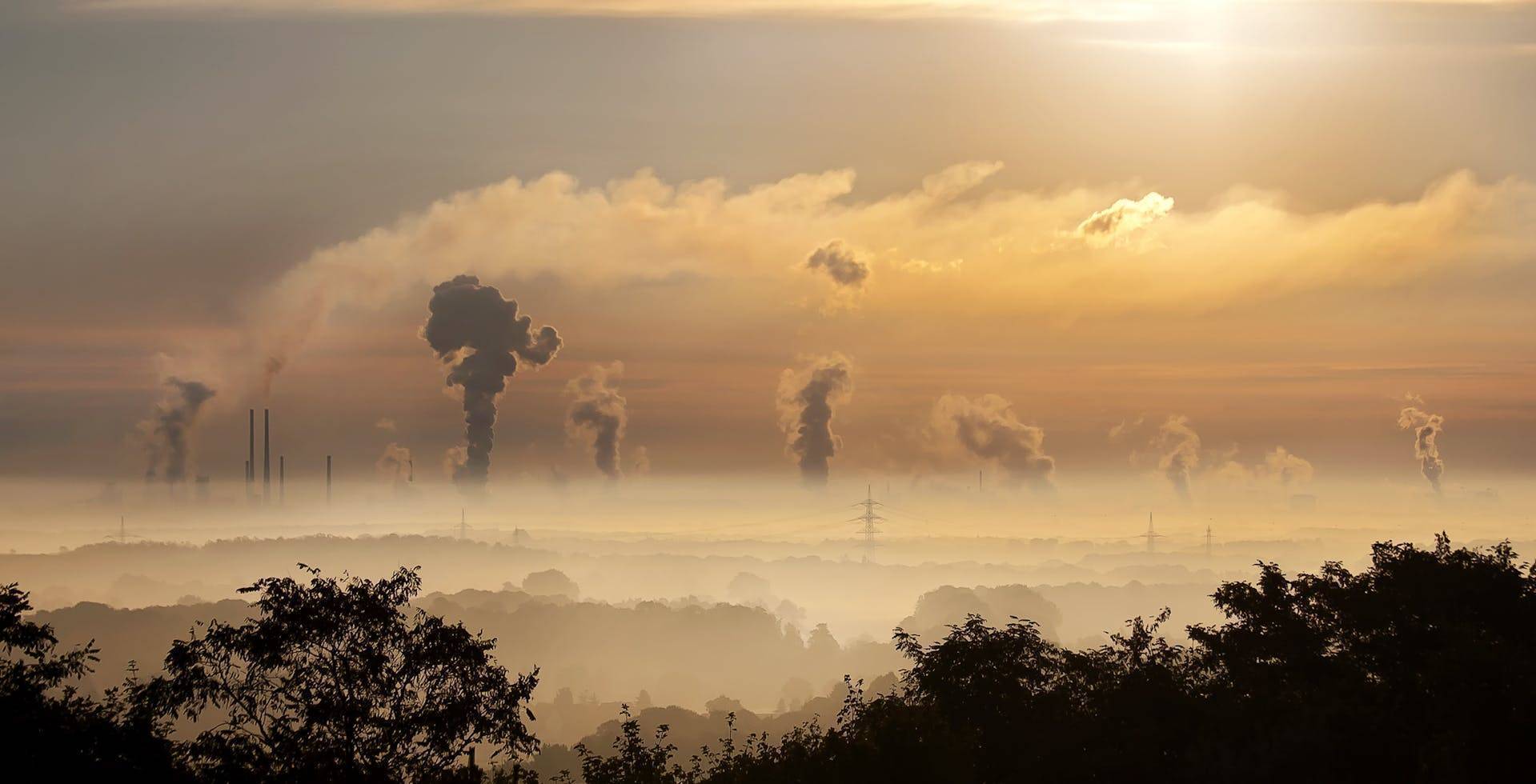
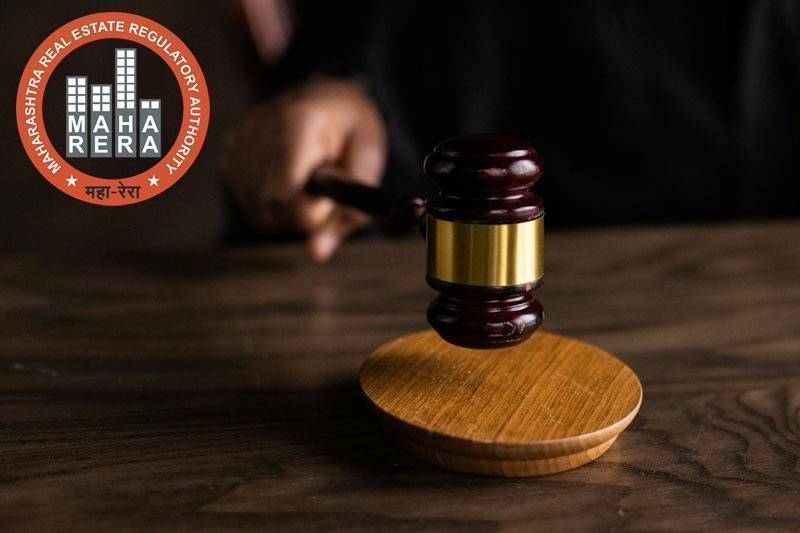
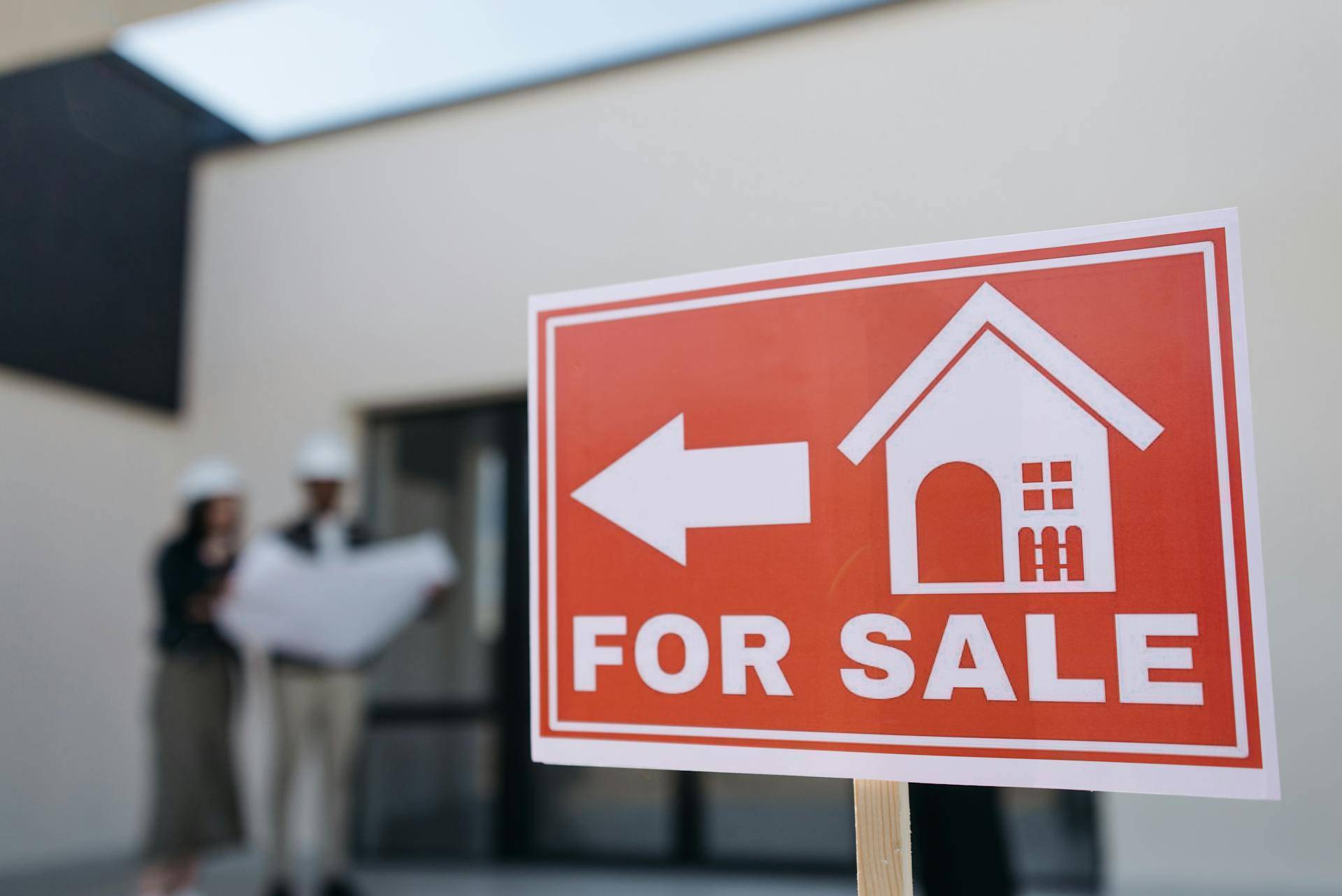
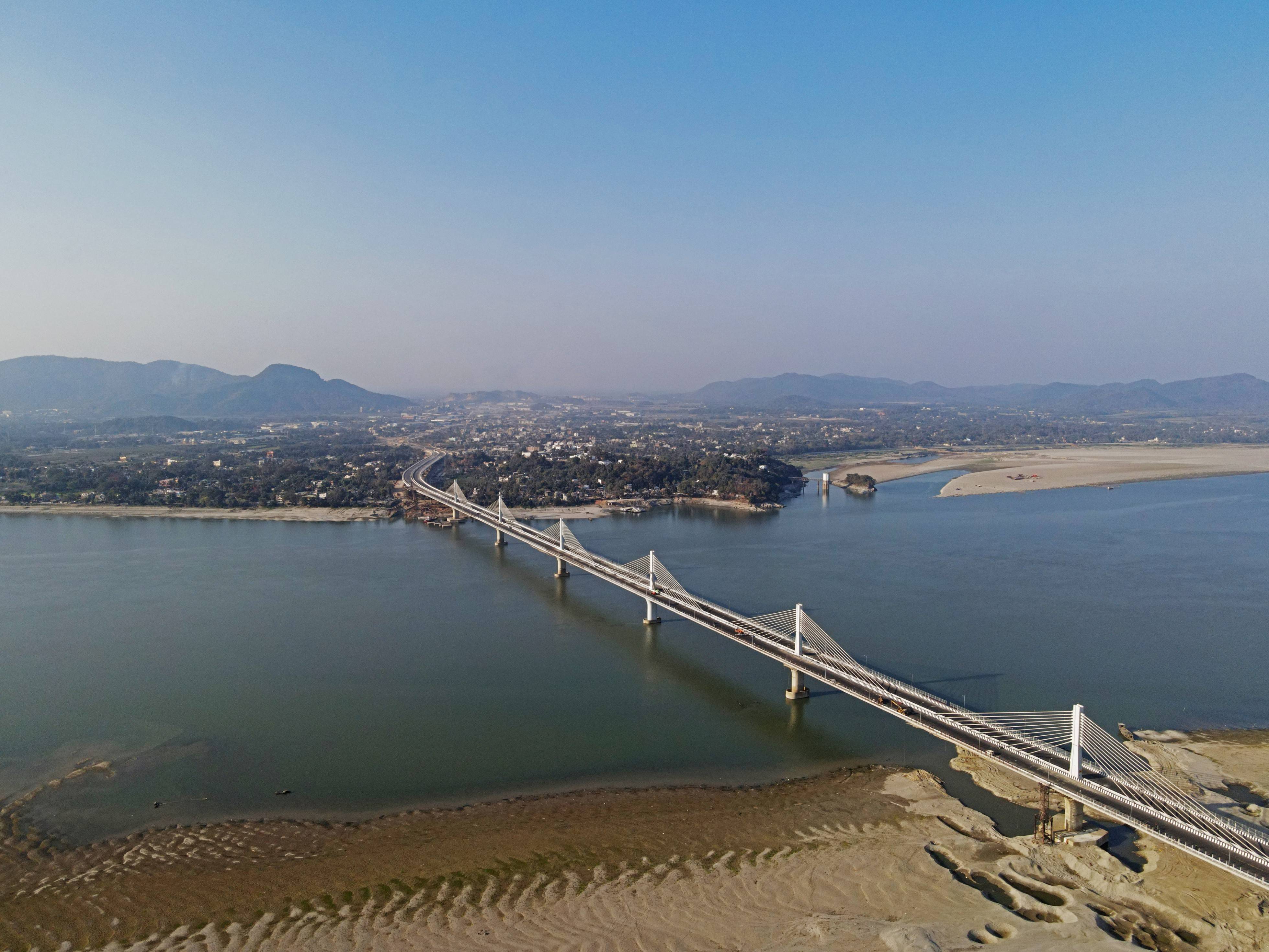


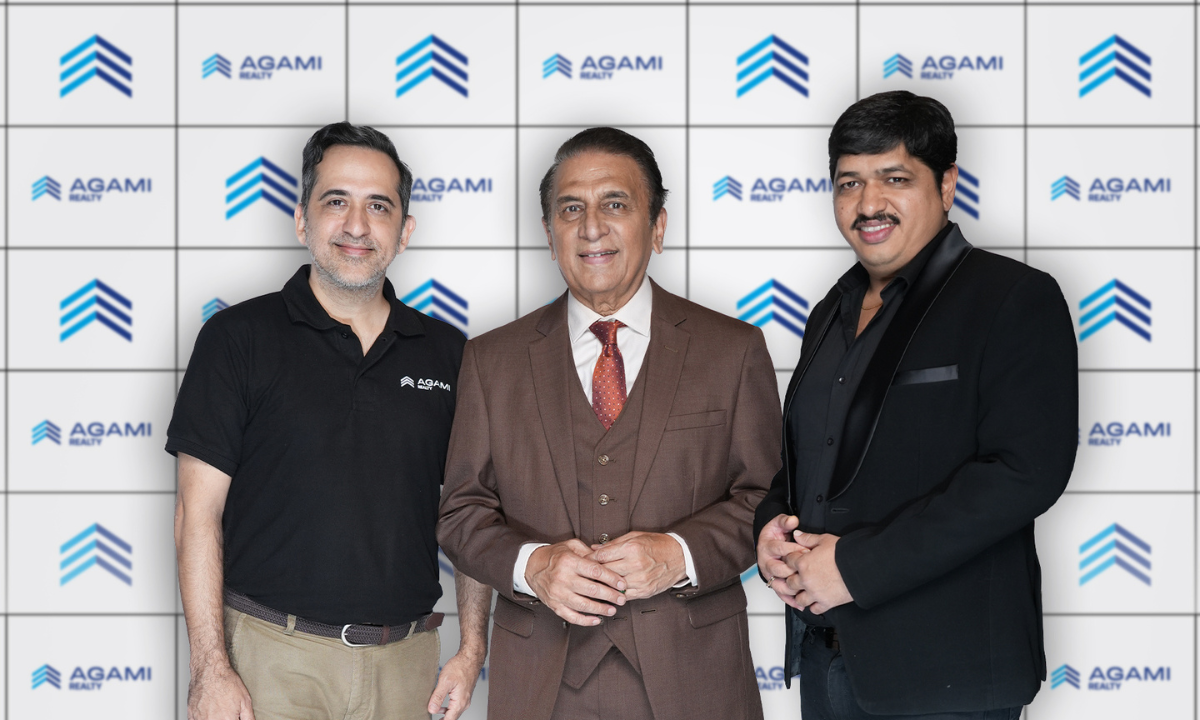
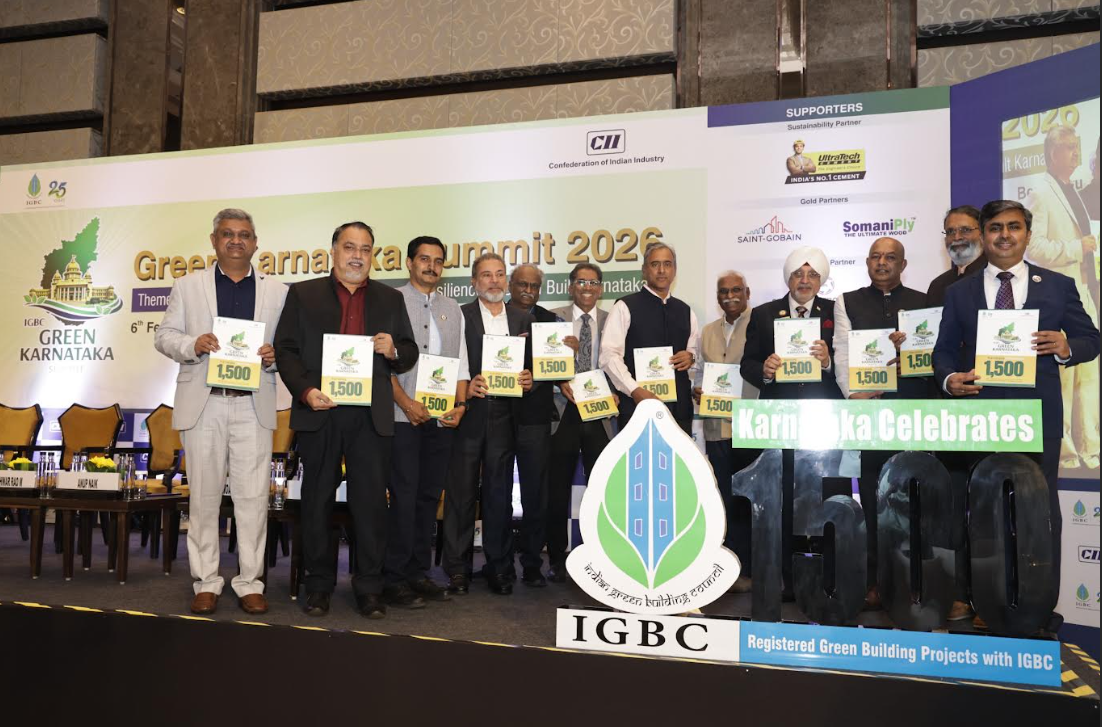
.png)